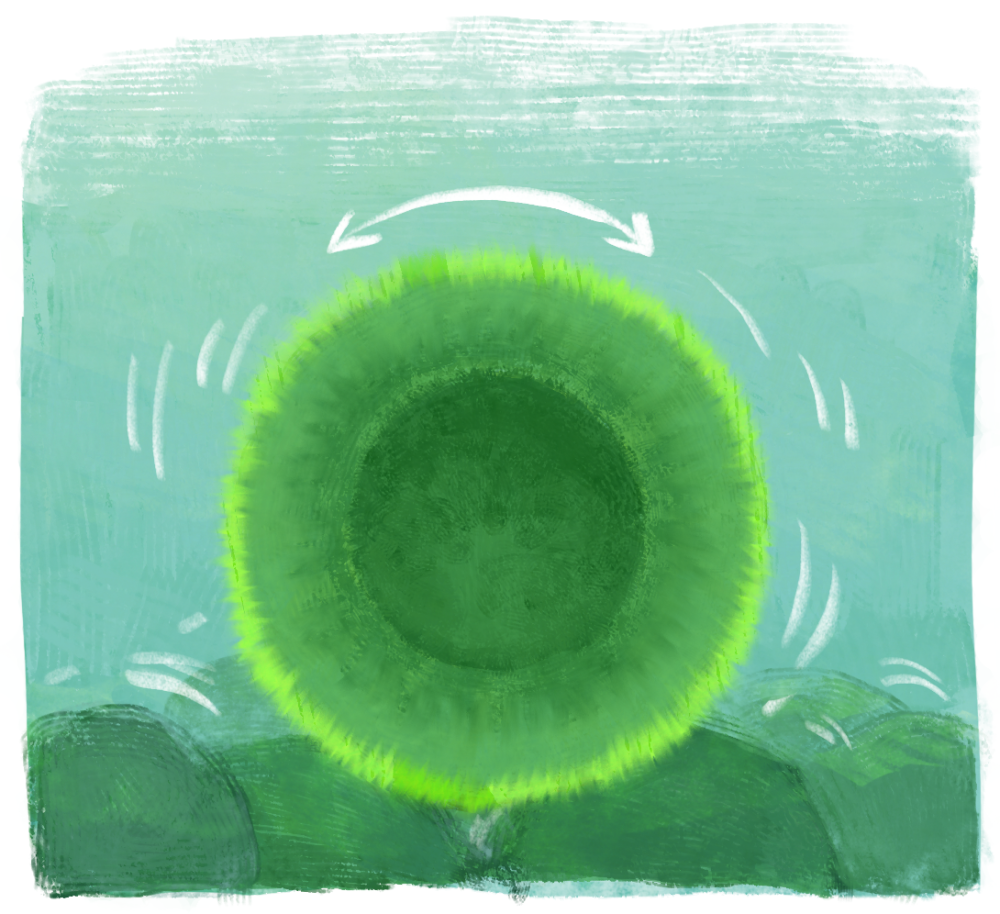Unique algal balls found only in cold lakes are under threat from rising water temperatures, according to new research. Led by researchers from Kobe University, Japan, it found that the balls – known as marimo – decompose faster than they grow in warm water, making them very fragile.
Marimo look like moss balls but they are actually a kind of filamentous green algae called Aegagropila linnaei. As living lumps, they’ve been adopted by some as a kind of water plant pet because they are easy to look after, only needing light for photosynthesis and clean water to thrive. They are also very aesthetically pleasing as rotating them in a tank allows them to stay round and green all over.
While arguably most famous in Japan, marimo also grow in cold lakes in parts of Europe, but their global population has been waning in recent years. Their fragility means that Lake Akan in Hokkaido is now the only place in the world where balls larger than 20 centimeters (7.9 inches) have been found.
Marimo typically live at a depth of 2 to 3 meters (6.6 to 9.8 feet) below the water’s surface, but beyond that, the conditions that contribute to their growth have been unclear. New research set out to paint a clearer picture of their requirements by testing marimo in a lab setting.

Marimo grow on the outside and decompose on the inside, creating hollow balls that are rolled around the lake bottom by the waves. The warmer the surrounding water gets, the more the inward decomposition outpaces their outward growth, making them increasingly fragile.
Image credit: NAKAYAMA Reina
Growing marimo in increasingly higher temperatures revealed that while growth rate peaks at 22°C (71.4°F), so does decomposition rate until eventually the rate of decomposition outweighs the growth. Marimo are hollow balls where the growth occurs on the outside and the decomposition occurs on the inside, and as one outpaces the other it becomes thinner and more fragile.
“The thickness of the marimo is an important structural characteristic for maintaining its shape, and if the water temperature in Lake Akan rises further in the future due to global warming or other factors, the giant marimo may become even thinner and more fragile,” said Kobe University hydroengineer Nakayama Keisuke in a statement.
“Therefore, it is necessary to propose measures to protect marimo from global warming, such as utilizing the cooler river water that flows into the marimo colony.”
Increased fragility with warming waters may explain why finding large marimo is now exclusive to just one lake, as well as why the global population is declining in general. If lake temperatures continue to rise, these unique algal balls may soon vanish from Earth’s once-cool aquatic environments.
The study is published in Scientific Reports.
Source Link: Japan's Peculiar Algae Balls Are Dying Out And We Now Know Why